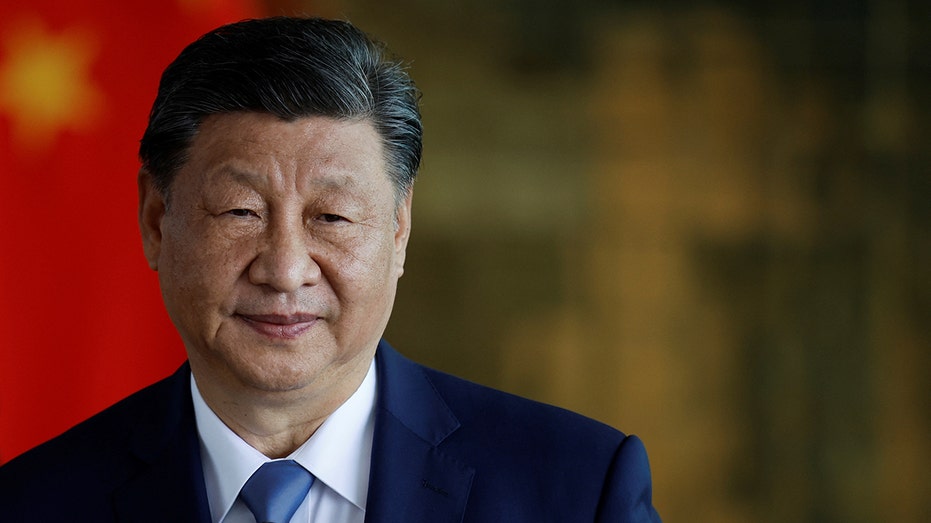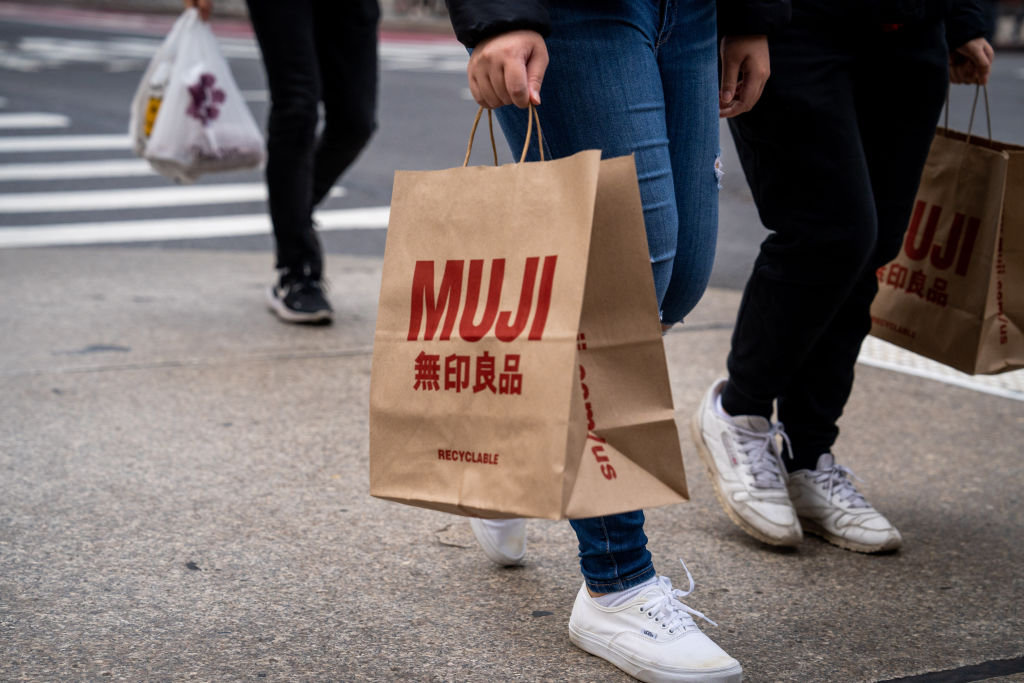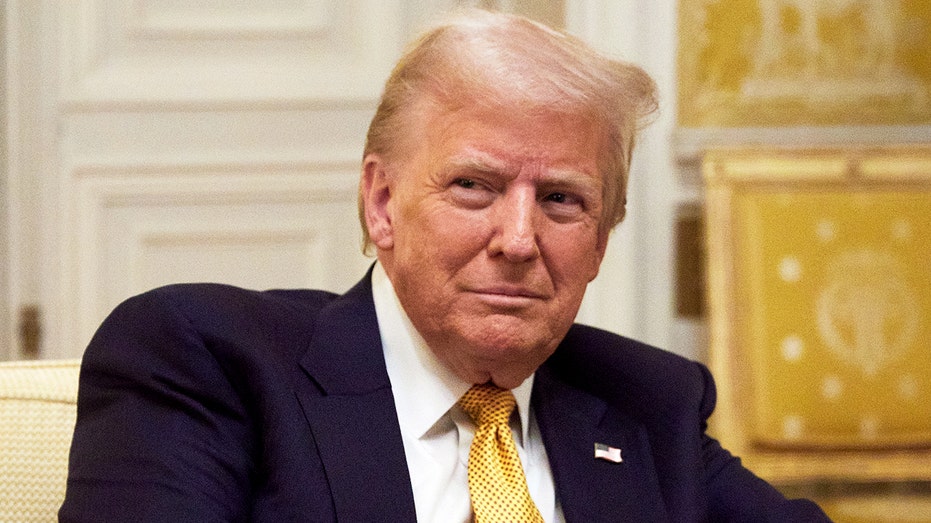4 ways American states and cities can meet the CCP threat to our way of life
With the 2024 elections behind us and power in D.C. determined, it’s time to turn our collective focus to the greatest external threat to the American way of life: Communist China.

With the 2024 elections behind us and power in Washington, D.C., determined, it’s time to turn our collective focus to the greatest external threat to the American way of life: Communist China.
The sheer scale of the Chinese military and economy, as well as the unrelenting determination of the Chinese Communist Party (CCP) to displace American global leadership presents the United States with an enormous challenge. While much due attention is paid to Indo-Pacific flashpoints like Taiwan and the South China Sea, it is a mistake to underestimate the ongoing contest on our home soil, where China seeks to undermine us from the bottom up as much as from the outside in.
While the federal government is the tip of the spear in our national defense, state and local governments have an important role in securing the homeland, increasing resilience against CCP efforts, and preparing for a future conflict that we hope never comes. In fact, following President Trump’s election in 2016, the CCP used a "subnational" engagement strategy to resist Trump’s federal agenda through states, a strategy that continued through President Biden’s term.
As national security adviser, Ambassador O’Brien was briefed daily on the malign domestic activities undertaken by the CCP. Shockingly, Gov. Ducey, the two-term governor of Arizona, was never once briefed on the broad, systematic and perilous state-level CCP operations that disrupt our domestic security. This disconnect must end.
CHINA ATTACKED US WITH HACKERS. WE NEED TO HIT BACK HARD
To thwart the CCP’s subnational pursuits, the organizations State Armor and Citizens for Free Enterprise Action developed a state threat assessment with help from nearly a dozen of the country’s leading security experts to provide state and local elected officials with a roadmap to protecting our interests.
There are four primary directions in which the CCP is infiltrating America at the state and local level. China is actively targeting our people and institutions, our economic and financial assets, our physical infrastructure, and our critical supply chains. Each of these issues requires state-level solutions that complement federal policies.
First, states must respond to China’s efforts to influence state and local leaders and institutions. The CCP follows a strategy of "elite capture" in their influence operations, seeking to establish flows of people and information which China can exploit to its advantage.
To begin, all official lawmaker trips to China must end immediately and indefinitely. States must protect our public campuses against CCP influence operations, as Florida accomplished with comprehensive legislation in 2022 and 2023. "Sister city" agreements with China must also be ended, as Indiana did in 2024, in order to help block China’s local influence operations.
CHINA ABUSED ITS US TRADE RELATIONSHIP. TRUMP CAN FIX IT
Second, states must stop underwriting the Chinese economy. Americans would be stunned to learn that many of their retirement accounts, including public pension funds, hold massive investments in Chinese state-controlled entities and defense industrial companies. Every Chinese company is effectively coopted by the party-state under China’s infamous national security laws. It stretches credulity to think fund managers can hold PRC assets and remain compliant with their fiduciary duties. States like Tennessee, Indiana and Kansas have prohibited such investments, and Gov. Greg Abbott recently announced a full divestment from China.
State leaders should follow the examples of Utah, Idaho and Nebraska and ban the installation of Chinese technology in state procurement programs for critical technologies like drones, cars, DNA sequencing devices, computers and telecommunications equipment. Economic incentives for any CCP-connected companies should be off the table. We should never underwrite China’s establishment of commercial operating bases within our borders.
Third, states must protect their real estate and critical infrastructure from being used by China for espionage and future sabotage operations. There is an unprecedented increase in Chinese purchases of agricultural and other land near U.S. military bases and critical infrastructure like communications, water and power plants.
CLICK HERE TO GET THE OPINION NEWSLETTER
The federal government cannot identify every transaction that poses a risk, leaving states vulnerable if they do not assume this responsibility. States like Arkansas, Florida and Texas have taken effective action to keep their land and critical infrastructure out of CCP hands in recent years.
Finally, state leaders should take to heart many of the lessons from the COVID-19 pandemic and bolster their critical infrastructure and supply chains ahead of a potential conflict in the Indo-Pacific theater.
China’s extraordinarily aggressive actions toward Taiwan and the Philippines (a U.S. treaty ally) could escalate into a conflict that would cause magnitudes greater disruptions than the pandemic. There would also likely be a massive, coordinated cyberattack upon the homeland. Nebraska, Oklahoma and Texas are currently performing a "Pacific conflict stress test" to diversify their state supply chains and protect critical infrastructure ahead of such a conflict.
The CCP's coordinated strategy to infiltrate and undermine U.S. society is not hypothetical, nor is its military threat to the free world. State and local officials must lead through this gathering storm by leveraging their unique authorities in our federal system to protect their states and municipalities.
It is past time for CCP influence operations to be severed, states’ finances and supply chains to be protected, and land and critical infrastructure shielded from CCP control. If states fail to act, we will all be vulnerable to the grave harm the CCP is preparing to launch upon American interests and our democratic partners around the world.



